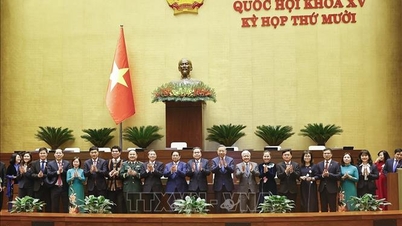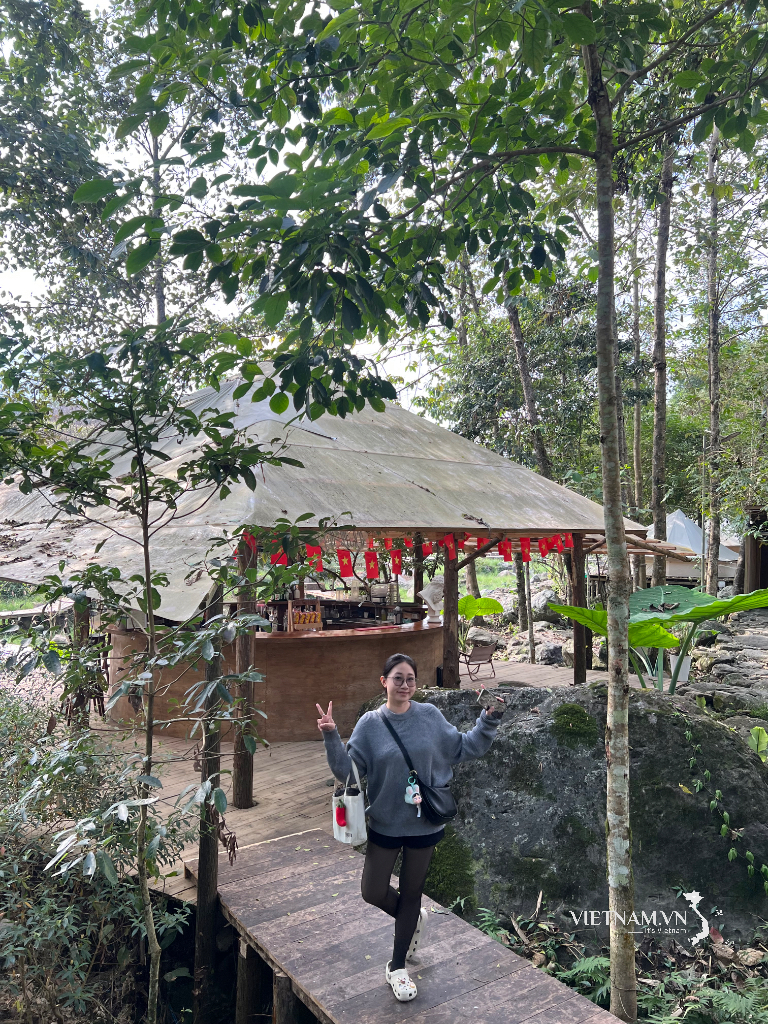The draft Law on Science, Technology, and Innovation, submitted by the Government to the National Assembly on May 6th, represents a step forward in terms of institutional reform and demonstrates a new vision: placing faith in human intellect and the aspiration for innovation as a core driving force in national development. A key highlight of the draft law is the granting of comprehensive autonomy and accountability to research institutions, from professional activities and organizational structure to expenditure mechanisms based on a contract-based system. This represents a breakthrough in the management and development of science and technology, as well as innovation, in line with the spirit of Resolution No. 57-NQ/TW (dated December 22, 2024) of the Politburo "on breakthroughs in the development of science and technology, innovation, and national digital transformation."
This breakthrough is not simply about administrative reform; it's a shift in mindset from "management to control" to "management to foster." Presenting the draft law to the National Assembly, Deputy Prime Minister Le Thanh Long affirmed that the State will focus on managing the objectives, outputs, and effectiveness of research, rather than interfering with the implementation methods. This change is expected to boost the research process. In cases where a project does not achieve the expected results, research organizations will no longer be held liable for compensation as before and will be exempt from civil liability for damages incurred by the State during the research process. Essentially, science is an uncertain journey of discovery, and not every failure is a waste. Research that doesn't achieve its goals can still provide lessons, prevent mistakes, or open new avenues. Granting civil liability exemption to research organizations when projects fail to achieve expected results is a recognition of the unique nature of scientific research, encouraging a spirit of daring to think, daring to act, and daring to accept failure in order to achieve breakthroughs.
Minister of Science and Technology Nguyen Manh Hung also affirmed that accepting risks does not mean abandoning responsibility. While accepting risks in each specific task and project, the new policy will evaluate performance based on the overall organization and research program, paving the way for a natural selection mechanism – where scientific organizations are given the opportunity for sustainable development when they demonstrate effectiveness, or will have their resources reduced or be dissolved if they operate inefficiently, stagnantly, or wastefully. This is a fair, transparent approach that focuses on substantive value rather than formality. Granting autonomy will create a flexible mechanism, encourage innovation, dare to accept risks, and motivate scientists to pursue challenging problems and create scientific breakthroughs.
In particular, the Science and Technology and Innovation Bill adds regulations on the ownership and commercialization of research results, granting research institutions ownership and autonomy over the achievements and assets generated from these activities. This not only promotes practical application but also empowers scientists – those who have quietly contributed for many years but have received little recognition – to legitimately enrich themselves. A minimum profit share of 30% from commercialization for researchers is an acknowledgment of their contributions, intellect, and individual role in the innovation ecosystem. Allowing scientists to participate in establishing and managing science and technology enterprises is also a way to "open the door" for science to step out of its "ivory tower" and get closer to life and the market. Furthermore, preferential policies on personal income tax, rewards for basic research, and attracting talent from both within and outside the country contribute to filling the research resource gap while demonstrating a spirit of valuing human talent – a central element in all innovation strategies.
This bill is very timely, following Resolution 193/2025/QH15 of the National Assembly (dated February 19, 2025) "on piloting some special mechanisms and policies to create breakthroughs in the development of science and technology, innovation and national digital transformation," concretizing Resolution 57-NQ/TW of the Politburo. Once passed and effectively implemented, the draft Law on Science and Technology and Innovation will create a powerful impetus, not only "untying" the constraints of the old mechanisms, but also unlocking the enormous creative resources hidden within each individual, and stimulating the creative potential of the business community, especially private enterprises and small and medium-sized enterprises. When scientists are trusted, businesses are supported, and people benefit from research results, science and technology will truly become the foundation for a knowledge-based economy and a sustainable, civilized society.
Source: https://www.sggp.org.vn/coi-troi-de-khoa-hoc-cong-nghe-dot-pha-post794814.html










































































































Comment (0)